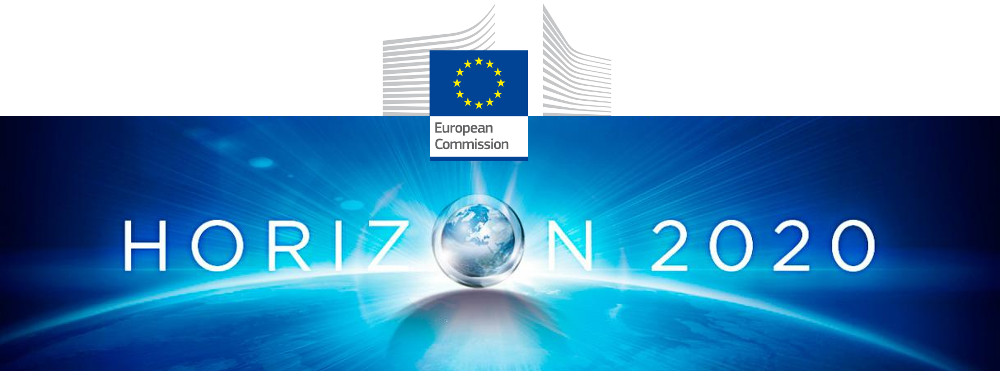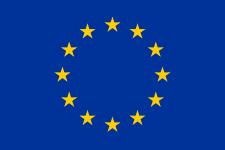
- Full title DREAM: Deferred Restructuring of Experience in Autonomous Machines
- Funding entity Unión Europea
- Researchers Juan Monroy Camafreita, Alejandro Romero Montero, Richard J Duro Fernández, Francisco Javier Bellas Bouza, Martín Naya Varela, Abraham Prieto García, Rodrigo Salgado Tenreiro, José Antonio Becerra Permuy, Luis Calvo Varela, Fernando López Peña
- Start date 01/01/2015
- End date 31/12/2018
- Website www.robotsthatdream.eu
- CNRS: Centre national de la recherche scientifique
- ENSTA ParisTech
- Queen Mary University of London
- Universidade da Coruña
- UPMC Sorbonne Universités
- Vrije Universiteit Amsterdan
Description
Dream is an H2020 European Project from the FET program. It runs from 2015 to 2018 and it is being carried out by the GII together with
DREAM will enable robots to cope with the complexity of being an information-processing entity in domains that are open-ended both in terms of space and time. It paves the way for a new generation of robots whose existence and purpose goes far beyond the mere execution of dull tasks allowing for an incremental and not predefined development process during long periods of time encompassing months or years.
Our approach – Deferred Restructuring of Experience in Autonomous Machines (DREAM) – incorporates sleep and dream-like processes within a cognitive architecture. This enables an individual robot or groups of robots to consolidate their experience into more useful and generic formats, thus improving their future ability to learn and adapt. DREAM relies on Evolutionary Neurodynamic ensemble methods as a unifying principle for discovery, optimization, restructuring and consolidation of knowledge. This new paradigm will make the robot more autonomous in its acquisition, organization and use of knowledge and skills just as long as they comply with the satisfaction of pre-established basic motivations.

